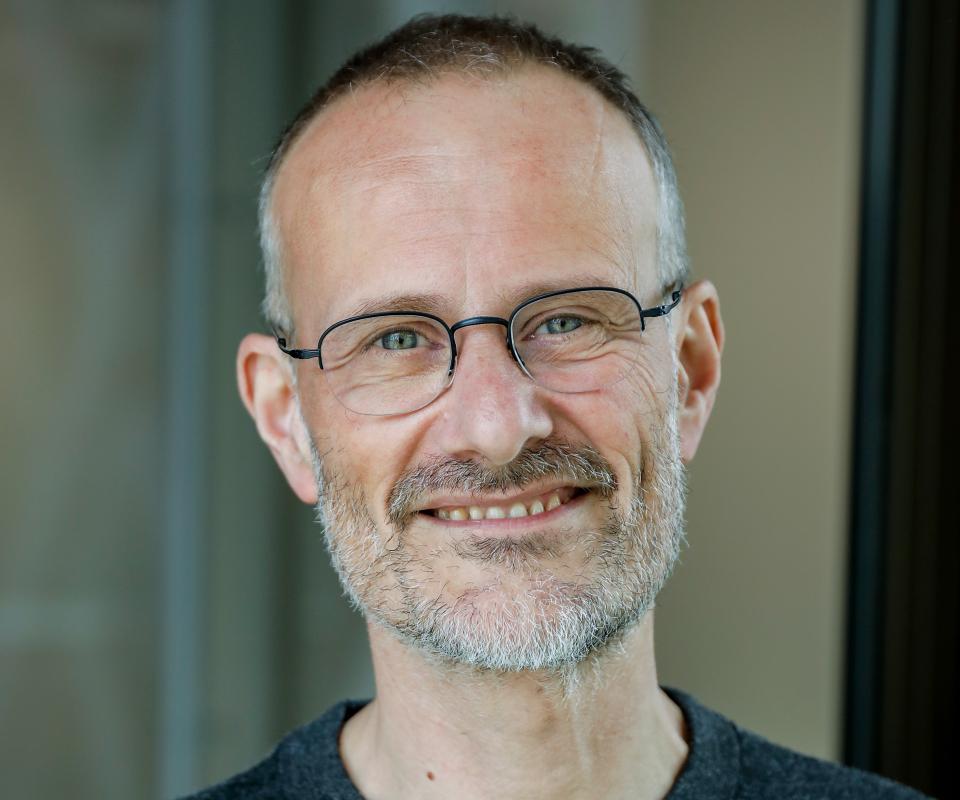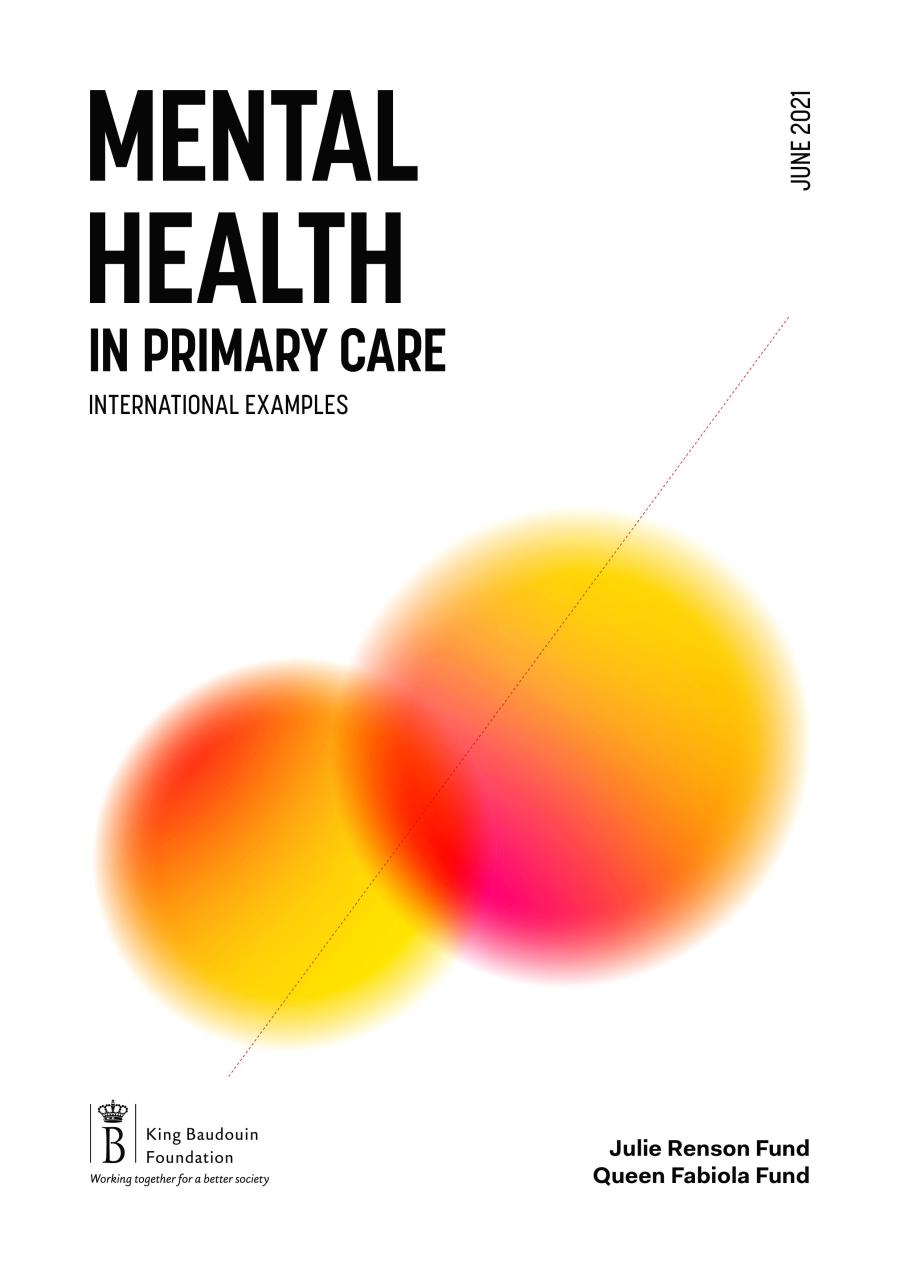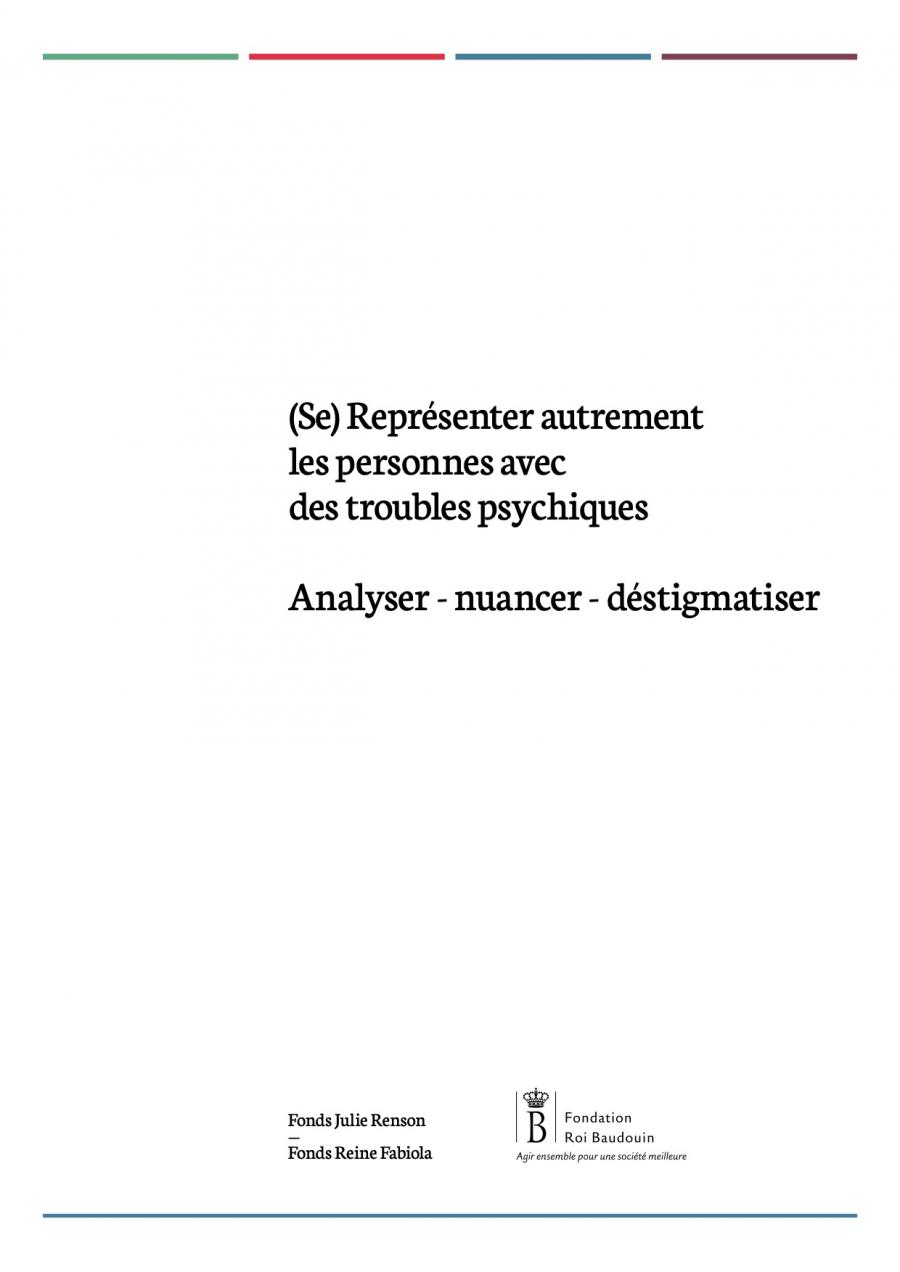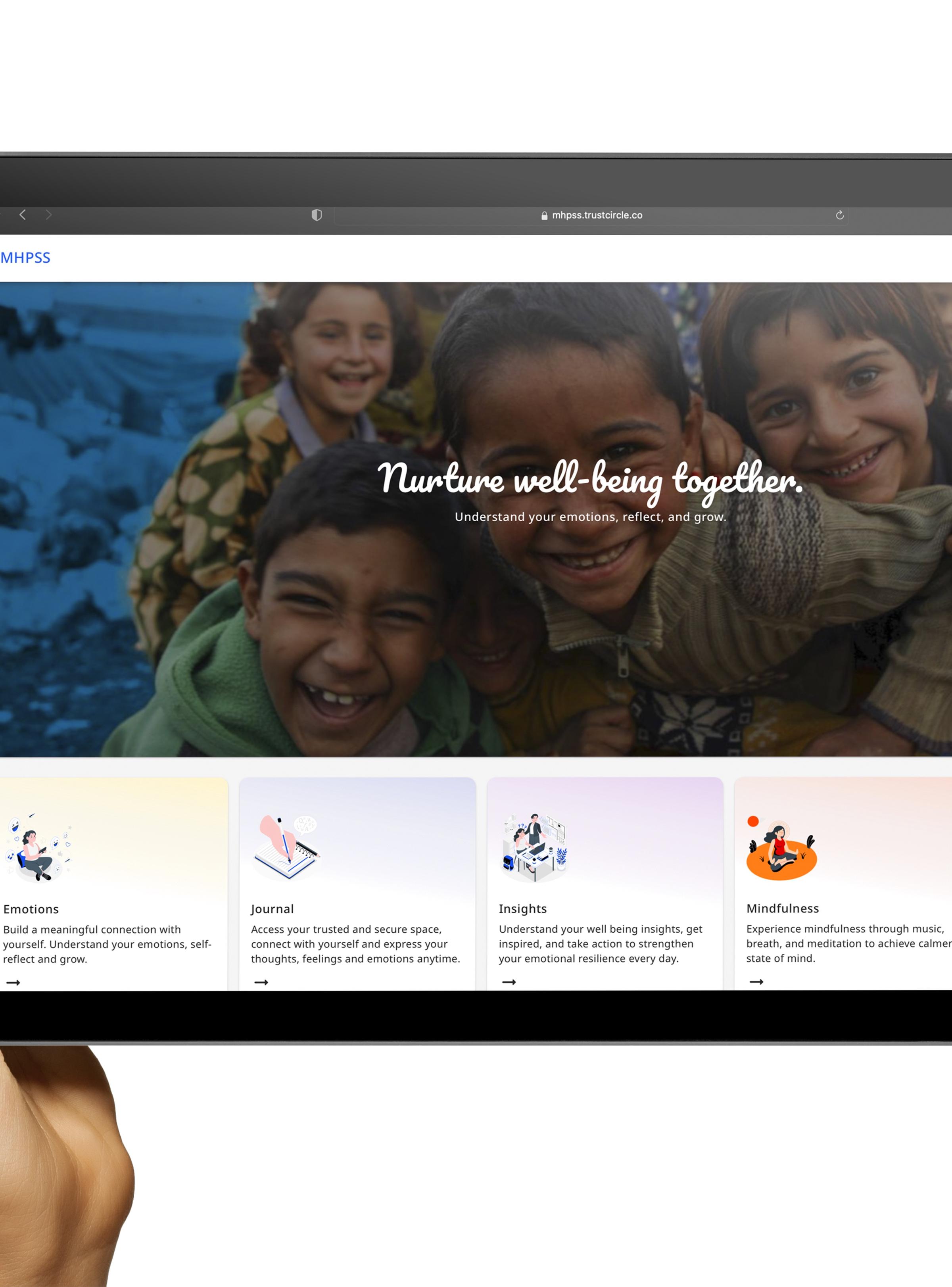
Keeping kids well with interactive tech
More than 1.2 million euros in funding from the Sofina Covid Solidarity Fund, managed by KBF, will go a long way to providing children in several countries with TrustCircle, a platform that can identify mental health problems early.
When Sachin Chaudhry was a teenager in northern India, his 12-year-old brother – bullied at school – had an emotional breakdown. He was referred to a psychiatrist. “After a three-hour wait, we got three minutes, during which he was diagnosed with a mental disorder,” says Chaudhry.
Later, when Sachin himself slipped “into a black hole”, he started to wonder why early warning signs of what had happened to him and his brother were so often missed. Chaudhry would go on to become an IT specialist and move to the US.
But those questions continued to haunt him. In 2015, he quit his job and founded TrustCircle, an AI-enhanced social-emotional learning (SEL) platform. “I wanted to turn my pain and passion into purpose, and that purpose is to foster prevention and early intervention of mental health issues,” he says.
Since then TrustCircle has been implemented in schools and other youth organisations in several countries, including the US, India, Malaysia, Kenya and Nigeria, reaching some 1.3 million children and adolescents. It has been embraced by Unicef, the UK’s National Institute for Health Research and the United Nations, recently becoming one of the UNDP’s official Digital X Solutions, giving it visibility in more than 170 countries.
Things have moved very quickly for TrustCircle for one simple reason, says Chaudhry: “It is an interactive platform that can identify individuals at risk, and help us understand where that risk is coming from.”
Chaudhry identified three spheres of existence – home, social circles and professional (or school) settings. “The forces that push an individual over the edge can be found in one of these bubbles. And in all three of them, trusted adults missed my brother’s early signs of risk.”
SEL is an educational approach that incorporates social and emotional skills into the school curriculum. Children aged 7 and above can click on an emoji every day in the TrustCircle app to indicate how they are feeling. It also features a journaling section and coaching on mindfulness, as well as a system of rewards and recognition.
TrustCircle’s AI technology recognises patterns that indicate whether a child may be at risk. If so, the platform alerts a designated person responsible. There is also an SOS button where kids can call for help directly.
It quickly gained ground in the aftermath of Covid-19. “All the kids came back from lockdown with tremendous issues,” says Brad Kusunoki, a counsellor and school services co-ordinator at the Alvah A Scott Elementary School in Aiea, Hawaii. “And we can’t reach all of them. So TrustCircle is a great way to reach them.”
In early 2022, Kusunoki won a grant from the state to implement the platform at his school for a period of three years. “A lot of kids don’t want to speak up or tell their teacher they need help, that they feel down, that something is happening at home,” explains Kusunoki. “So typing in a little message and knowing we will respond to them, that’s been a great tool. I think that’s something any kid anywhere in the world could use.”
The Surin International School in Malaysia is also using TrustCircle. “We recognised that education is not just about academics,” says Deputy Head Caryn Pearson. “It is about the holistic development of a child into their adult years. This includes understanding themselves and those around them.”
All ages at Surin have access to the platform. Even the older pupils say they like the emoji best. “I prefer the emoji because it is easier for me to express my feelings,” one 15-year-old boy said. A girl of the same age said that she also likes to use the emoji “because it is easier to choose as I have something to see.” A slightly younger boy agrees: “I like to choose an emoji to know what I am feeling.”
Chaudhry’s home country has been particularly responsive to the benefits offered by TrustCircle. Unicef India in partnership with the Ministry of Youth Affairs and Sports is starting a pilot project in 100 colleges in the state of Maharashtra. But the ultimate goal is much bigger: the program will eventually be rolled out across three states, targeting 1.2 million young people and training 30,000 community healthcare workers and volunteers so they can recognize and respond to mental health problems.
“Sound mental health is fundamental to children and young people’s development,” say Soledad Herrero, chief of Unicef India’s child protection unit, and Dhuwarakha Sriram, the head of Unicef’s Yuwaah Generation Unlimited program in Delhi, in a joint statement. “It is necessary to build their capacity to cope with challenges while maintaining emotional wellbeing as they grow up to reach their full potential. TrustCircle’s AI-powered Social Emotional Learning platform is designed to empower young people at scale. We will continue to nurture our partnership and scale impact for the wellbeing of young people.”
Youth involved with Yuwaah who offer peer-to-peer guidance were given the chance to explore the platform before the roll-out. “This is such a wonderful platform,” a secondary school student and youth advisor with Yuwaah said in her feedback. “As a high school student myself, I can see why this is so important. I’ve seen people my age being troubled by so many different things.”
An interesting point made by this Yuwaah advisor is that there are “so many things about the platform that we didn’t know we needed, but then you see it, and you’re like, OK, yes, this could be really helpful.”
TrustCircle recently became an official programme of the Healthy Brains Global Initiative, a cooperation among WHO, Unicef and the World Bank. Its related BringChange Foundation has received funding from numerous donors, including the King Baudouin Foundation.
Embraced by the United Nations, TrustCircle will be empowering 1.3 million children and has been selected as one of the best innovations across G20 countries. TrustCircle innovation was showcased to the world leaders and the G20 delegates in Delhi at the G20 summit.
“I wanted to turn my pain and passion into purpose, and that purpose is to foster prevention of mental health issues.”
For Chaudhry, it all comes back to recognition and early intervention. “In the system right now, mental health care is crisis intervention,” he says. “If you help students understand their emotions better, you will reduce the flow of people who need attention downstream.”
The Sofina Covid Solidarity Fund benefits organisations helping education and (mental) health issues in the wake of the Covid-19 pandemic in Western Europe, India, and Singapore.
Other calls
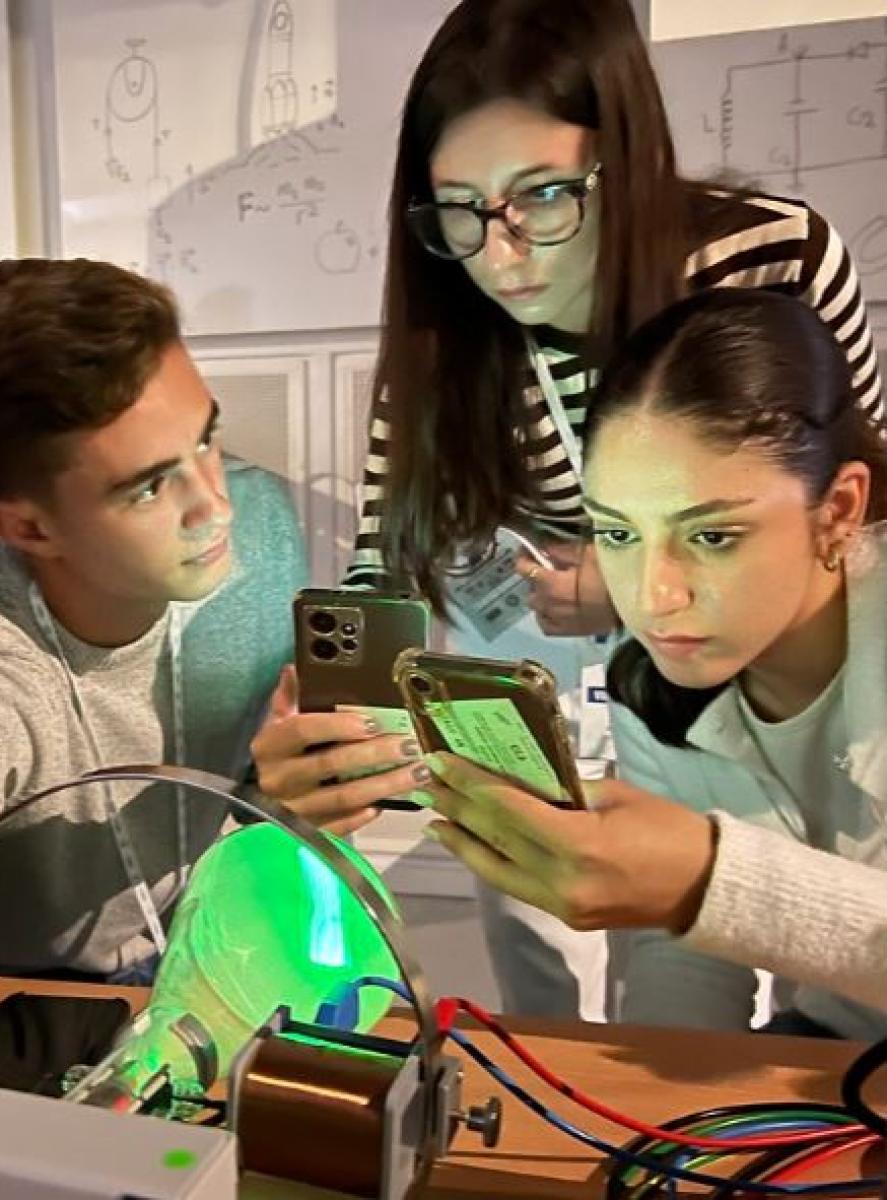
2025 Ernest Solvay Fund
Fostering STEM Education, Planet progress and better life for communities around Solvay
OngoingOther publications
Other philantrophy
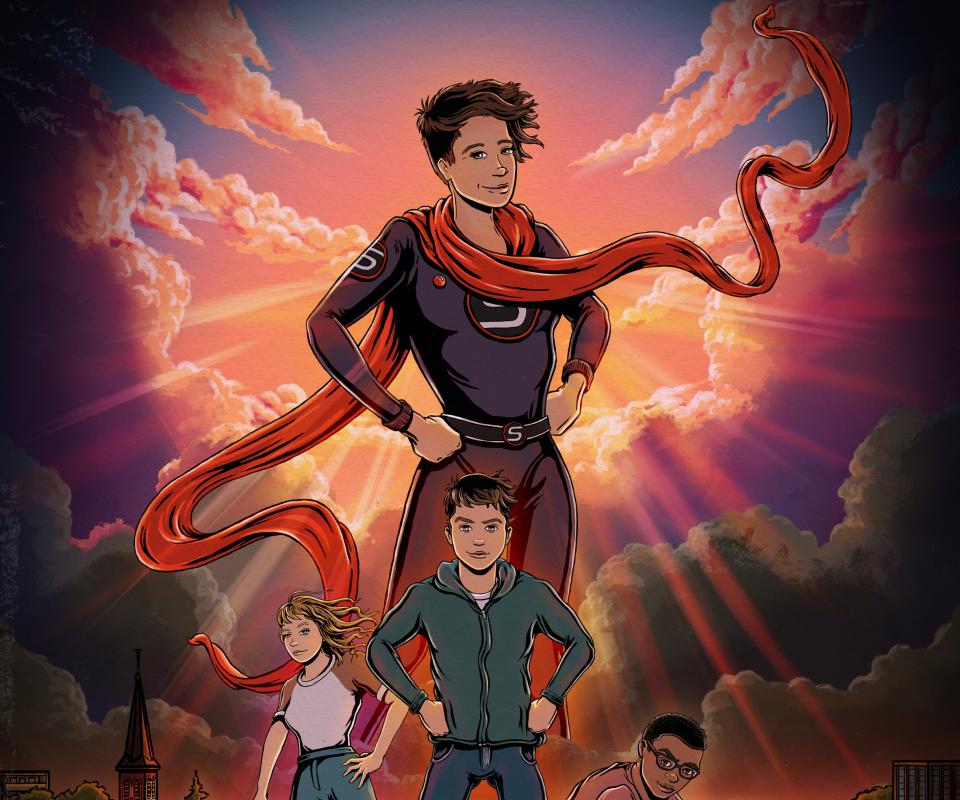
Other press releases
